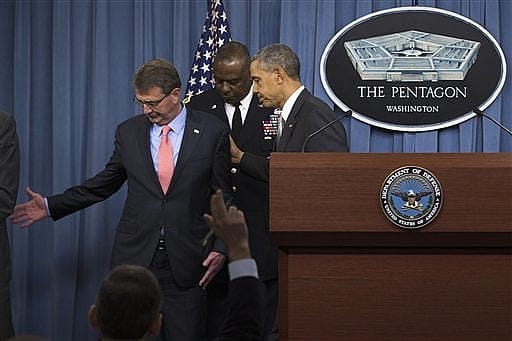Visa screeners ignoring social media gets review after San Bernardino

WASHINGTON — The Obama administration may broaden social media reviews for visa applicants to close security gaps in the screening system, the White House said Monday.
Reviews of procedures used by the Homeland Security and State departments have been ordered and recommendations requested for changes in the process for screening people who apply for visas, White House spokesman Josh Earnest said, the Associated Press reported.

